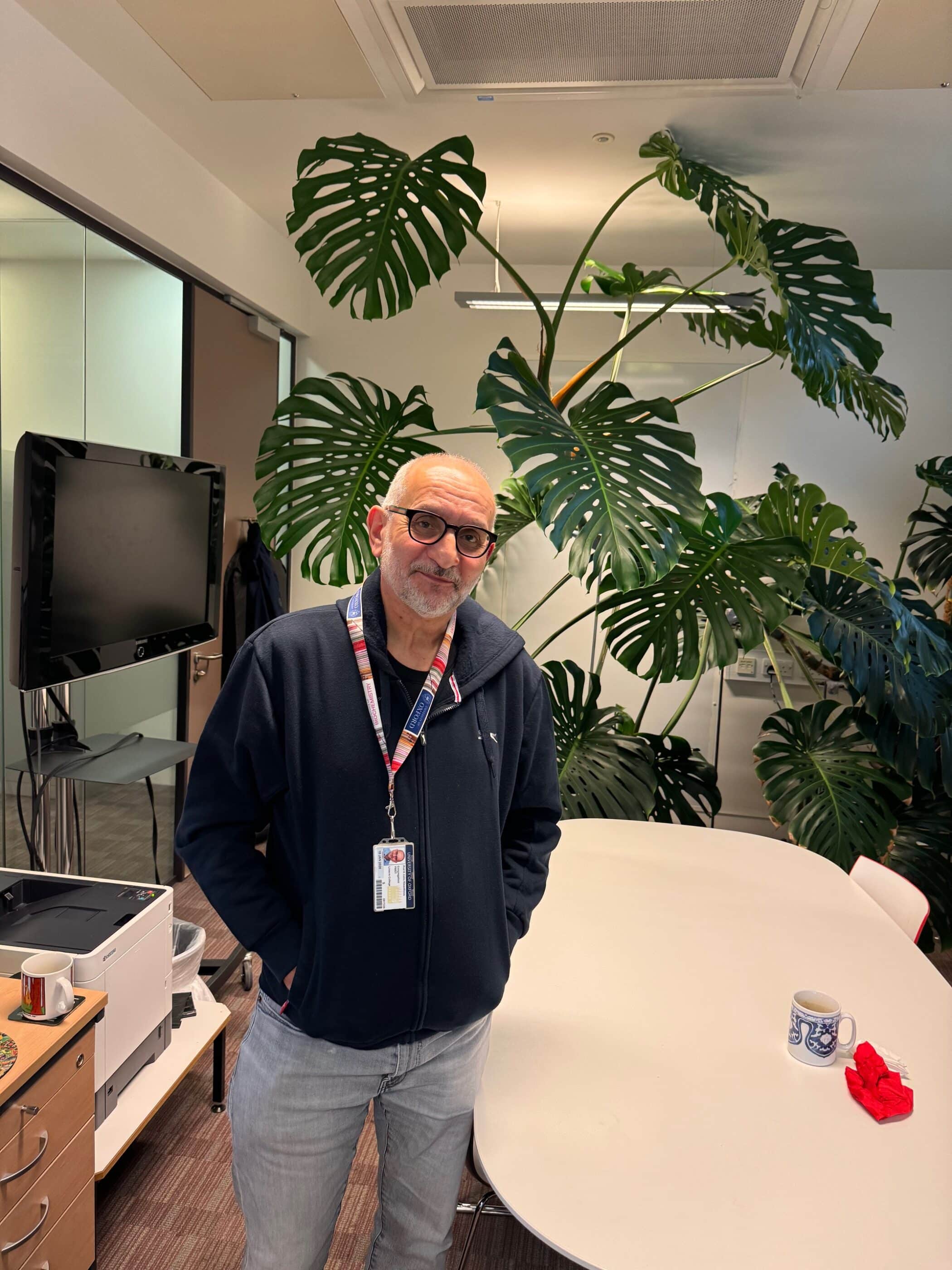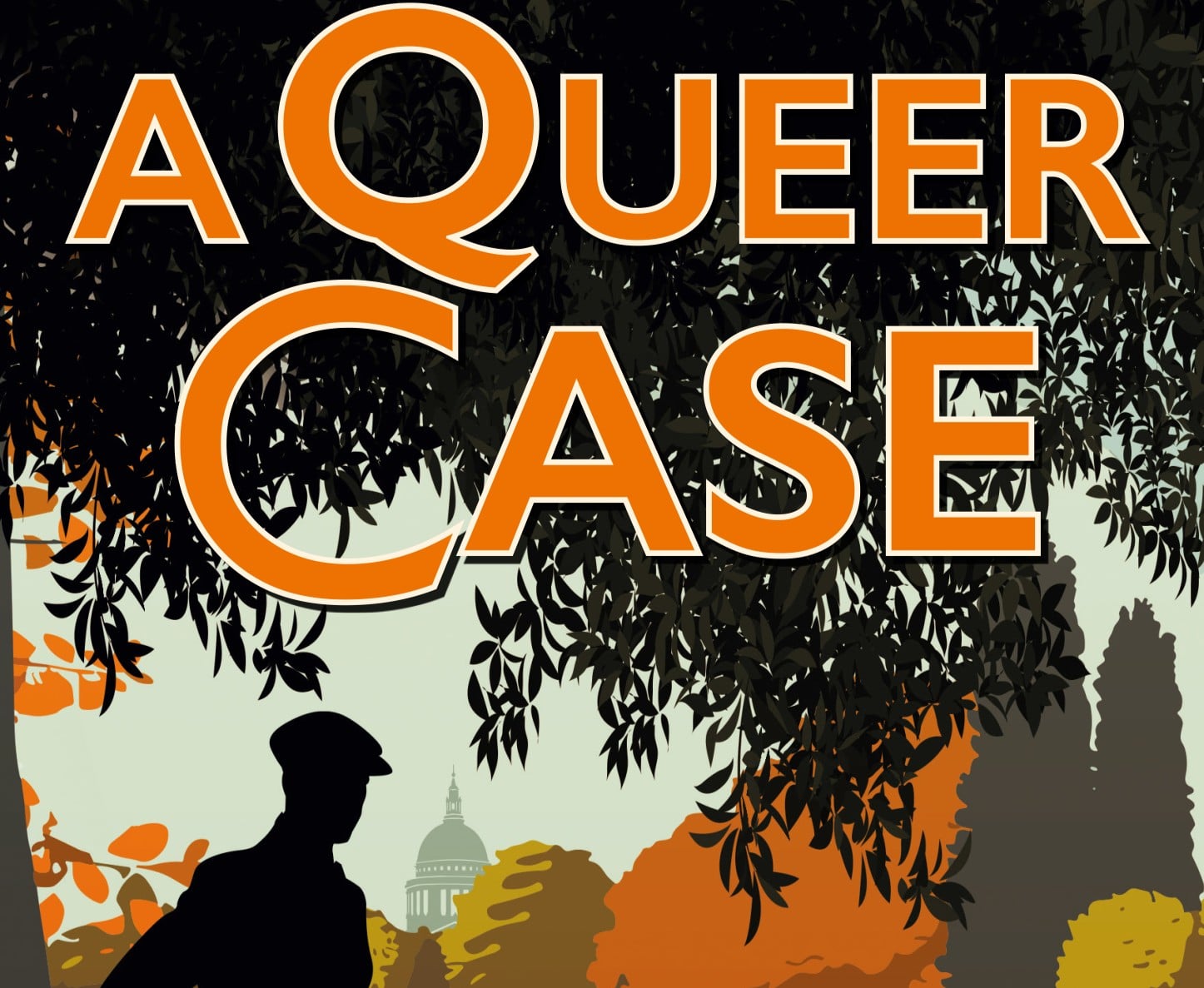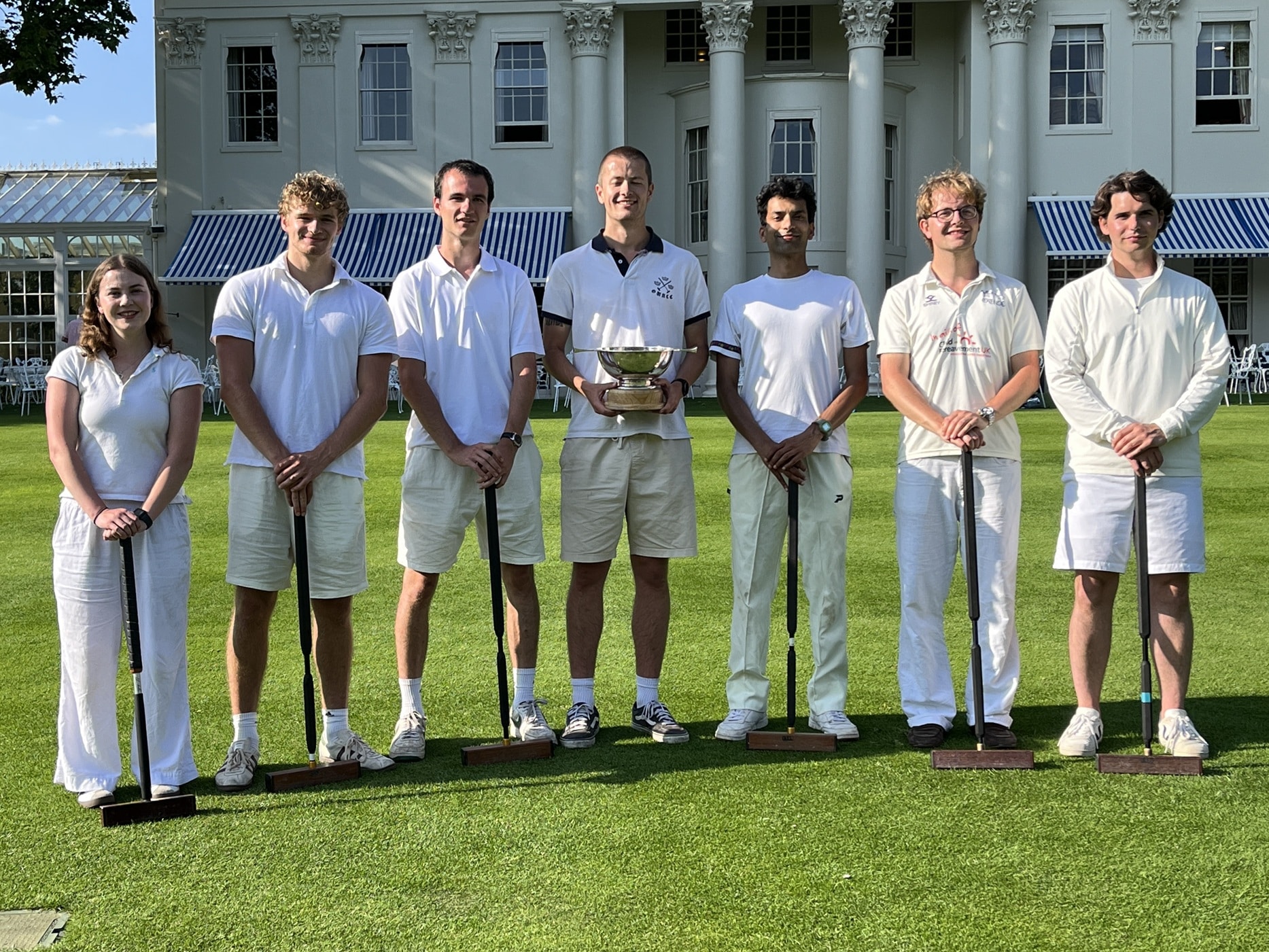In April 2025, my colleagues organised a one-day symposium in my honour at Lady Margaret Hall (https://kleanthoussymp.wordpress.com/). A scientific meeting like this would normally commemorate an individual’s retirement. Not on this occasion. Instead, the 135 attendees of the symposium, many of whom were past students and postdocs from my laboratory, were there to support me following my diagnosis in December 2023 of motor neurone disease (amyotrophic lateral sclerosis). Well known recent MND sufferers include the rugby league star Rob Burrow and the physicist Stephen Hawking. This is a rare neurological condition for which there is no cure. More information about the condition can be found at the MND association website.
I have been a Fellow at Linacre since becoming the Iveagh Professor of Microbial Biochemistry in 2012 in the Department of Biochemistry. The Iveagh chair has been in existence as long as Linacre itself. I am the fifth holder of the chair. As the name implies, the holder of the chair works with microbes. In my lab, the microbes we work on are Gram-negative bacteria, which are important for the health of our microbiota as well as being antibiotic resistant pathogens. Notorious examples are Pseudomonas aeruginosa and Escherichia coli. We investigate the cell envelope of these bacteria, which are the protective layers of membrane and cell wall that surround the organism. We also investigate how protein antibiotics known as bacteriocins penetrate these layers to kill bacteria, work that is the foundation for an antibiotics spin-out company (Glox Therapeutics Ltd) between the universities of Glasgow and Oxford (https://gloxtherapeutics.com/).
The invited speakers at the symposium, most leaders in their fields of research, pretty much covered all the areas of interest to my group. They and the many participants of the symposium had travelled far to attend, from Australia, USA, Japan and mainland Europe, as well as colleagues from Oxford and from around the UK. In fact, the final list of speakers was so spectacular that the organisers had to field many requests to attend the meeting from uninvited people that we had to decline for lack of space. Notwithstanding the sad reason for putting a conference like this together, the day itself was great fun, no doubt helped by the free bar at the end! What made the day particularly special for me was having members of my family present, including my partner Dominika, my brother Harry and my children, Sophia and Victoria. You can see for yourself what the meeting was like from the many pictures posted by Yosuke Tashiro. Yosuke was on sabbatical in my lab and was a visiting fellow at Linacre (https://app.kululu.com/s/cofuum).
At the time of the symposium, I was unable to speak, which is one of the debilitating consequences of MND. There are many others of course, but I won’t dwell on those. I communicate using an iPad and a text-to-speech algorithm called SpeakUnique. The resulting speech sounds remarkably like my original voice. I was able to use this technology to prepare a short speech. In this way, I delivered the closing remarks at the symposium.
As with many rare diseases, research funding for MND is limited. Donations are therefore an important source of research funds. I’ve started a JustGiving webpage for donations to the MND association. Please donate if you are able.


















